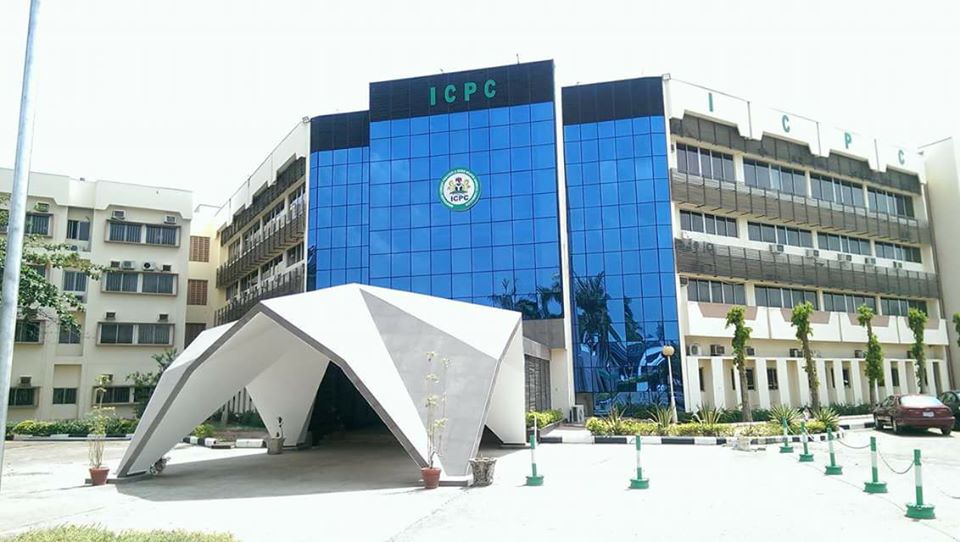Corruption according to Transparency International is the use of public office to confer on oneself undue advantage, and over the years this hydra-headed monster appears to be spreading like a wild fire.
Corruption no doubt undermines the rule of law, causes political instability, leads to infrastructural decay, negates economic development, weakens administrative institutions, hinders competitiveness, brings about voters apathy, erodes societal norms and leads to general state of exasperation. There is virtually no country in the world that is completely free from this menace.
There is no singsong to the fact that Nigeria has been one of the countries that are worst hit by this cankerworm to the extent that it was ranked one of the most corrupt among countries surveyed by Transparency International. For three consecutive years, Nigeria occupied that unenviable position.
This negative development led to the establishment of the Independent Corrupt Practices and Other Related Offences Commission (ICPC) in 2000 by former President Olusegun Obasanjo, to wean Nigeria from the strangle grip of corruption.
The anti-graft Commission is saddled with the responsibility of tackling corruption through its three-pronged mandate of enforcement, prevention and education/public enlightenment.
Apart from its prosecutorial duties the ICPC also examines, reviews, enforces the correction of corruption prone systems and procedures of public bodies; educates and enlightens the public on and against corruption.
To drive home these sacred obligations, the Commission has initiated a lot of programmes aimed at educating Nigerians that the sweet fruit of corruption carries along with it the seed of the nation’s destruction.
To be its watchdog in Ministries, Departments and Agencies (MDAs), ICPC has established Anti-Corruption Monitoring and Transparency Units (ACTUs). The ACTUs performs all ICPC duties at the MDAS except prosecution. This initiative is no doubt yielding result as the anti-graft agency is not resting on its oars at checking institutional corruption.
The Commission is also involved in checking institutional vulnerabilities through the systems study of some MDAs in which a milestone has been recorded as billions of naira have been recovered for the Federal Government and ghost workers flushed out.
In the educational sector, ICPC has and is still blazing the trail through the introduction of National Values Curriculum. This initiative is to “catch them young.” If the children are taught at their formative stages on the ills of corruption, when they find themselves in positions of responsibility they are expected to abhor the menace called corruption.
The Commission also produces a television programme tagged “Corruption Must Go” and other radio jingles. These are aimed at fostering and enlisting public support in the fight against corruption.
Now the town hall meeting and many other initiatives have also been evolved to enable Nigerians desist from this unwholesome trend which is bent on stagnating the nation’s growth.
Without mincing words these initiatives are yielding the desired results as Nigeria which was almost in state of a bewildered nation and ranked second most corrupt nation in the world a couple of years back is now ranked 136th and is on course to greatness again.

